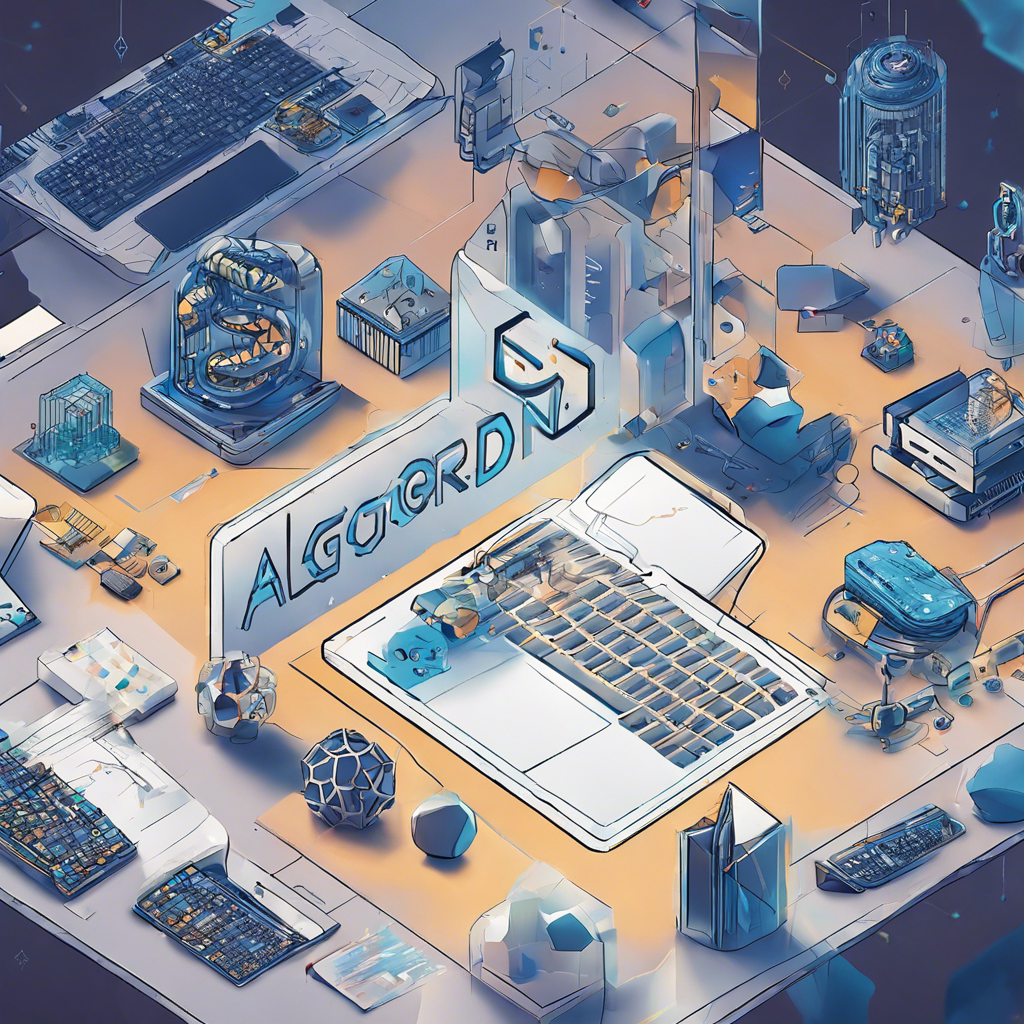Algorand Foundation Releases Developer Preview of Python on Algorand, Enhancing Accessibility and Functionality

The Algorand Foundation announces the release of a developer preview of Python on Algorand, a significant milestone in the AlgoKit 2.0 upgrade that aims to simplify and reduce the costs of developing in Algorand’s ecosystem.
In a groundbreaking move, the Algorand Foundation has unveiled a developer preview of Python on Algorand, marking a significant step forward in the AlgoKit 2.0 upgrade. This release is expected to revolutionize the way developers interact with Algorand’s ecosystem by providing a simpler and more accessible programming language. With Python being one of the most widely used and beginner-friendly languages, this development has the potential to attract millions of developers to explore the blockchain space.
Streamlining Development with Native Python Support:
Until now, developers could use Python to build Algorand applications, but they had to rely on the Pyteal and Beaker libraries. While these libraries were useful, they presented limitations in terms of performance, functionality, and complexity, making it challenging for inexperienced developers to engage with the platform. The new native Python support will eliminate the need for Pyteal and Beaker, streamlining the development process and enhancing efficiency.
According to John Woods, CTO of the Algorand Foundation, the native Python support will function as a “pipeline from Python AST to IR languages down to pure TEAL and then AVM bytecode.” This approach will not only simplify the development process but also make it more powerful and accessible. However, developers currently using Pyteal and Beaker will need to update their code once these libraries are deprecated in the future.
Algorand’s Push for Accessibility:
The release of AlgoKit 2.0 and the inclusion of native Python support is part of Algorand’s broader strategy to increase accessibility and attract a wider audience to its platform. In collaboration with the United Nations Development Programme (UNDP), the Algorand Foundation has announced plans to launch a blockchain academy in 2024. This academy will provide UNDP staff with knowledge and insights into blockchain technology’s applications, focusing on areas such as financial inclusion, supply chain transparency, real-world asset tokenization, and digital identity.
Additionally, Algorand has recently announced the finalists of the “Build-a-bull Hackathon,” a global event that allows developers to showcase their projects in categories ranging from DeFi to Gaming. The foundation has also awarded prizes to innovative projects, such as LW3, which offers an Algorand-powered traceability solution for enhanced transparency.
Conclusion:
The release of Python on Algorand marks a significant milestone for the Algorand Foundation and the broader blockchain community. By providing native Python support, Algorand is simplifying and democratizing blockchain development, making it accessible to a wider range of developers. This move, coupled with initiatives like the partnership with the UNDP and the “Build-a-bull Hackathon,” demonstrates Algorand’s commitment to driving innovation, inclusivity, and real-world adoption in the blockchain space. As Algorand continues to make progress, it is poised to attract more projects and developers, cementing its position as a leading blockchain platform.

